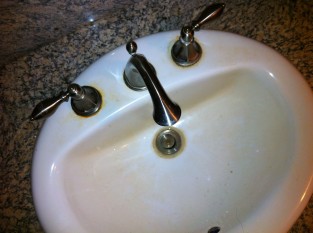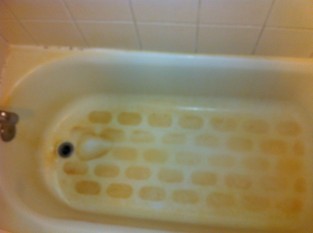The Longest Day: Improve Your Time Management
I found this article “The Longest Day: Improve Your Time Management”, written by Robbie Hyman to be extremely valuable. Published on Wednesday July 27, 2011 in Realtor Magazine. 7 simple steps gathered from sources Getting Things Done (Penguin, 2002) by David Allen; Time Management from the Inside Out (Holt Paperbacks,2004) by Julie Morgenstern; and The 4-Hour Workweek (Crown, 2007 by Timothy Ferriss. I added my own commentary to each list item.
Whether you’re a business owner, a blogger, a Realtor, a contractor, or anything in between these suggestions apply to you:
1. Don’t trust your memory. Keep a notepad (one notepad that travels with you) and jot things down as you think of them. A great idea at a marketing class rarely makes it past lunch or the test at the end of class. Similarly, a great idea at midnight rarely makes it to the morning hours. Write it down, set time aside within the week to attack it.
2. Make a manageable task list. Big picture to-do lists rarely get accomplished because the mountain is too high. Break tasks down into smaller, more specific goals. For instance, “I’ll write a letter to send out to my entire contact list today” as opposed to “create new marketing efforts to reach a broad spectrum of clients”. The latter is way too broad and gives the feeling of “I don’t know where to begin!” Thus, you don’t.
3. Tune out interruptions. Pick a time of the day, every day, when you won’t be missed (perhaps early morning or late afternoon), create a quiet space for you to work uninterrupted. Turn off your email alerts, turn off phone, don’t check voice mail and let people know that you are unavailable for a specific period of time. And don’t apologize. You don’t have to be available to all people all the time. A constant steam of interruptions makes you less efficient and honestly cranky.
4. Differentiate the urgent from the important. Every crisis is not your crisis. Prioritize your attention span, and tackle the important things first. Ever feel like you’re whole day got derailed because you wasted precious time and energy trying to solve someone else’s problem? Or that the problem resolves itself if left alone? Your time is important, keep it that way.
5. Try new things. Don’t be intimidated by new things. Riding a bike was once “impossible”, creating a Facebook account was a daunting task, but if you set time aside to cruise around, check it out, make mistakes, and learn it will soon be a normalcy.
6. Do one task at a time. Multitasking is a myth. Mainly you’re doing multiple things badly. If you’re with a client, don’t answer your phone! That’s why they created voicemail!
7. Get up 45 minutes earlier. This goes hand-in-hand with tuning out interruptions and finding time to dedicate to yourself, your learning, and your sanity.





